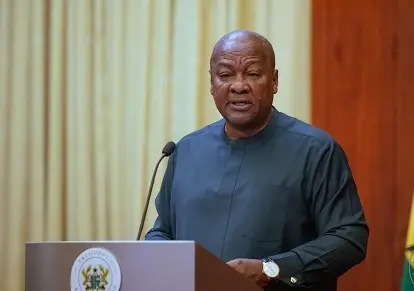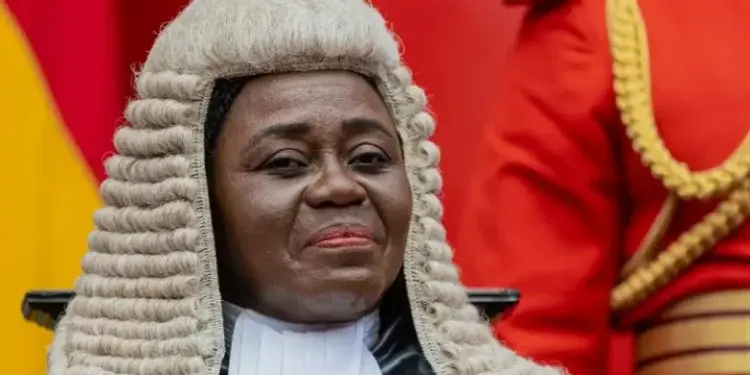In Ghana, the selection of individuals for government roles, particularly those perceived as ‘neutral’ – often academics or professionals outside the immediate political circle – frequently ignites controversy. Critics question the motives behind these appointments, suggesting they are strategic maneuvers rather than genuine attempts to bolster national development. But is this skepticism justified? This article argues that prioritizing nation-building demands a broader perspective, one that values competence and national service above strict party allegiance. The recurring debate prompts a critical examination of what we truly mean by neutrality, competence, and national service within the context of Ghanaian politics, and the impact on future nation-building efforts.
A common refrain is that ‘neutral’ appointees are, in reality, either hypocritical or self-serving. Detractors argue these individuals were never genuinely neutral, and their acceptance of government positions is driven by personal ambition. They paint these appointments as a façade, masking ulterior motives beneath a veneer of public service. But this perspective overlooks a crucial distinction: the difference between political strategy and genuine efforts towards nation-building. As one political observer noted, “Politics is about numbers and strategy. Nation-building, however, is about tapping into quality human resources to achieve national goals.” The Ghanaian Constitution doesn’t mandate party affiliation for public service; the primary consideration should be an individual’s capacity to contribute meaningfully. One must also consider: Did previous administrations extend similar opportunities to these individuals?
Every skill and talent within Ghana represents a national asset, irrespective of party affiliation. To limit the pool of potential contributors to only party loyalists is a disservice to the nation. Consider this: a floating voter’s ballot is considered valuable during elections, but is their intellect deemed irrelevant for national development? While it’s true that some appointments might be strategically employed to silence critical voices, it’s a stretch to assume this is the sole, or even primary, motivation in every case. Moreover, history suggests that the opposing party, when it returns to power, will likely adopt a similar strategy. Political alignments are increasingly shaped by pragmatic considerations rather than rigid ideological commitments. This further blurs the lines of traditional party loyalty and underscores the need to focus on the qualifications and expertise an individual brings to the table for nation-building.
The current government appears to be actively targeting middle-class Ghanaians, academics, and technocrats as part of its broader strategy. This calculated move is likely aimed at broadening its appeal and projecting an image of competence and inclusivity. The opposition party must recognize and respond effectively to this evolving political landscape. Analyzing the demographics of government appointees across different administrations through a visual representation could highlight the increasing diversity – or lack thereof – and inform strategic counter-moves.
The national conversation is ever-evolving, with new voices constantly emerging to shape the discourse. The appointment of specific individuals, even those who may have been critical in the past, does not diminish the overall pool of available knowledge and expertise. Consider the evolution of Civil Society Organizations (CSOs). The leaders who were prominent in the 2000s are largely different from those who are actively shaping the conversation today. Some older figures have retired or transitioned into government roles, creating space for new individuals and perspectives to come forward. This constant influx of new talent ensures a dynamic and vibrant ecosystem for nation-building.
Ultimately, nation-building demands a re-evaluation of our understanding of neutrality, competence, and national service. We must move beyond narrow political considerations and recognize that Ghana’s future prosperity hinges on harnessing the skills and perspectives of its most capable citizens, irrespective of their perceived political leanings. Embracing diversity of thought and experience is paramount to achieving our shared national goals.
Image Source: MYJOYONLINE






















